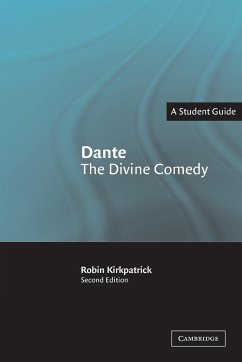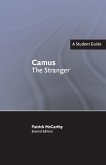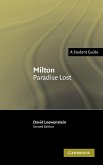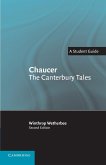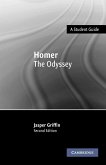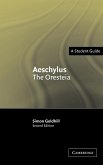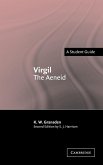In this accessible critical introduction to Dante's Divine Comedy Robin Kirkpatrick principally focuses on Dante as a poet and storyteller. He addresses important questions such as Dante's attitude towards Virgil, and demonstrates how an early work such as the Vita nuova is a principal source of the literary achievement of the Comedy. His detailed reading reveals how the great narrative poem explores the relationship that Dante believed to exist between God as creator of the universe and the human being as a creature of God. In addition, Kirkpatrick takes due account of the historical and philosophical dimensions of the poem.
Hinweis: Dieser Artikel kann nur an eine deutsche Lieferadresse ausgeliefert werden.
Hinweis: Dieser Artikel kann nur an eine deutsche Lieferadresse ausgeliefert werden.

